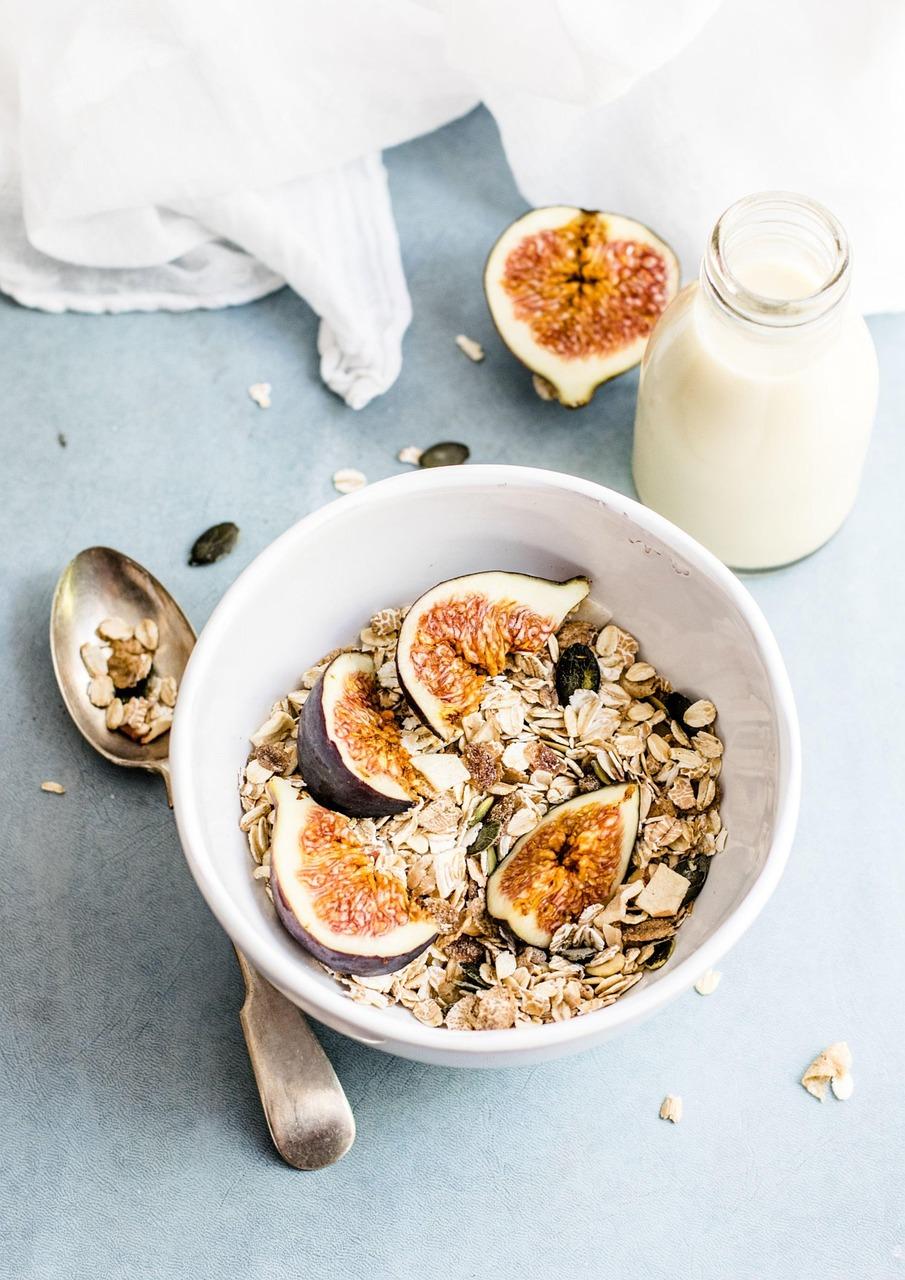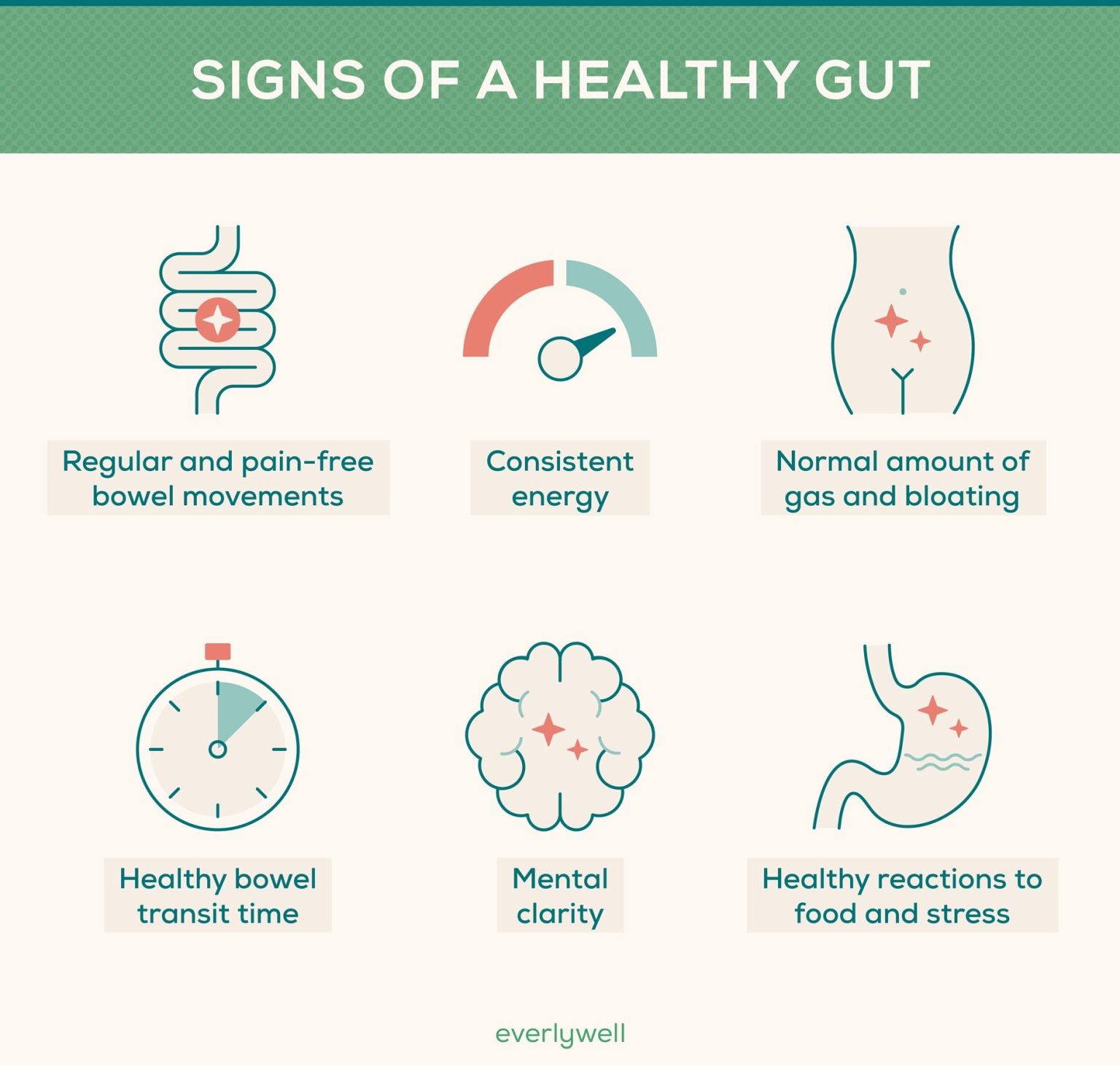In recent years, the adage “you are what you eat” has taken on a whole new dimension, particularly in the realm of health and wellness. Our understanding of the gut, often dubbed the “second brain,” has evolved dramatically, revealing it as a crucial player in our overall well-being. From digestion and immunity to mental health and inflammation, the gut’s intricate ecosystem profoundly influences numerous bodily functions. Yet, despite its vital role, many of us remain unaware of how pivotal gut health is to our daily lives and long-term wellness. In this article, we will delve into the critical link between gut health and overall wellness, exploring the science behind our microbiome, the impact of diet and lifestyle choices, and actionable steps you can take to nurture your gut and, in turn, enhance your health and vitality. Join us as we uncover the secrets of this fascinating relationship and empower you to prioritize your gut health for a more balanced, vibrant life.
Table of Contents
- Understanding the Gut-Brain Connection and Its Impact on Mental Health
- The Role of Gut Microbiota in Strengthening the Immune System
- Nutritional Strategies for Enhancing Gut Health and Overall Wellness
- Practical Tips for Incorporating Gut-Friendly Practices into Daily Life
- In Conclusion
Understanding the Gut-Brain Connection and Its Impact on Mental Health
Recent research has unveiled a fascinating interplay between our gastrointestinal system and our mental state, bridging the realms of biology and psychology. The gut, often referred to as our “second brain,” contains a vast network of neurons and produces a significant amount of neurotransmitters, including about 90% of the body’s serotonin. This connection underscores the importance of gut health in influencing mood and mental well-being. Imbalances in gut microbiota, caused by factors such as poor diet, stress, and antibiotic use, can lead to conditions like anxiety and depression, highlighting the need for a holistic approach to mental health that incorporates good nutritional practices.
Several mechanisms explain this vital connection between the gut and the brain. For instance, the gut microbiome communicates with the central nervous system through pathways such as the vagus nerve and the release of metabolic byproducts. These interactions can impact neurotransmitter levels and inflammation, which can profoundly influence emotional state. A balanced gut microbiome, achieved through a diet rich in fiber, probiotics, and prebiotics, can therefore support not just physical health but also enhance cognitive functions and emotional resilience. Consider these critical components for supporting gut-brain health:
- Probiotics: Beneficial bacteria found in fermented foods.
- Prebiotics: Fiber-rich foods that feed healthy gut bacteria.
- Avoiding processed foods: Can help maintain a balanced microbiome.
- Hydration: Essential for metabolic processes and digestive health.
The Role of Gut Microbiota in Strengthening the Immune System
The gut microbiota consists of trillions of microorganisms, including bacteria, viruses, fungi, and even protozoa, that inhabit our digestive tract. These microbes play a pivotal role in modulating the immune system, providing a first line of defense against pathogens. A well-balanced gut ecosystem can enhance the production of short-chain fatty acids (SCFAs), which are vital for maintaining intestinal barrier integrity and preventing inflammation. Some key functions of gut microbiota in immunity include:
- Enhancement of mucosal immunity: The gut microbiota aids in the development of mucosal immune cells, which are responsible for producing antibodies.
- Regulation of immune responses: Certain beneficial bacteria assist in balancing pro-inflammatory and anti-inflammatory responses to threats.
- Training of the immune system: Exposure to diverse gut microbes helps educate the immune system, improving its ability to differentiate between harmful invaders and harmless particles.
Furthermore, the relationship between gut health and overall immune capacity is bidirectional. An unhealthy gut, characterized by dysbiosis or imbalances in microbial populations, can lead to increased permeability of the intestinal barrier, often referred to as ”leaky gut.” This condition can facilitate the entry of toxins and pathogens into the bloodstream, triggering systemic inflammation and compromising immune function. To illustrate the impact of gut health on immunity, consider the following table:
| Gut Health State | Possible Immune Impact |
|---|---|
| Balanced Microbiota | Enhanced immune response, lower inflammation |
| Dysbiosis | Increased infection risk, chronic inflammation |
Nutritional Strategies for Enhancing Gut Health and Overall Wellness

To enhance gut health and overall wellness, focusing on a well-balanced diet rich in fiber is essential. Incorporating a variety of fruits, vegetables, whole grains, and legumes can foster a diverse microbiome, which is vital for optimal digestion and nutrient absorption. Aim to include:
- Probiotic-rich foods like yogurt, kefir, and fermented vegetables to introduce beneficial bacteria.
- Prebiotic foods, such as garlic, onions, and bananas, that feed and support the growth of good bacteria.
- Polyphenol-rich foods like berries, tea, and dark chocolate that can enhance microbial diversity.
In addition to dietary choices, hydration plays a crucial role in gut health. Drinking adequate water not only aids in digestion but also helps maintain the mucosal lining of the intestines. Consider monitoring your daily intake by utilizing the following simple table:
| Hydration Tips | Benefits |
|---|---|
| Drink a glass of water upon waking | Kick-starts digestion and metabolism. |
| Infuse water with fruits or herbs | Makes hydration enjoyable and adds nutrients. |
| Carry a reusable water bottle | Encourages regular sips throughout the day. |
Practical Tips for Incorporating Gut-Friendly Practices into Daily Life
Incorporating gut-friendly practices into your daily life doesn’t have to be overwhelming. Start with small, manageable changes, and gradually build upon them. A balanced diet rich in fiber, probiotics, and prebiotics is essential. Consider integrating foods such as:
- Yogurt and kefir for probiotics
- Fermented vegetables like kimchi and sauerkraut
- Whole grains such as oats and quinoa
- Fruits including apples and bananas
- Legumes like lentils and beans
In addition to dietary choices, fostering a healthy lifestyle is crucial. Regular physical activity not only benefits your body but also enhances gut health. Aim for at least 30 minutes of moderate exercise most days. Furthermore, consider these beneficial practices:
| Practice | Benefit |
|---|---|
| Stay Hydrated | Helps digestion and nutrient absorption |
| Manage Stress | Reduces inflammation and supports gut microbiome |
| Prioritize Sleep | Enhances gut health through restorative processes |
In Conclusion
the intricate relationship between gut health and overall wellness cannot be overstated. As our understanding of the microbiome deepens, it becomes increasingly clear that what we feed our bodies is reflected not only in our digestion but also in our emotional, mental, and physical health. By prioritizing gut health through a balanced diet rich in probiotics, fiber, and nutrient-dense foods, we can unlock the potential for improved immunity, mental clarity, and sustained energy levels.
As we move forward in the journey of holistic wellness, consider your gut as a foundational pillar of your health. Listen to your body, nurture your microbiome, and seek ways to foster that vital connection. Remember, a healthy gut is more than just a matter of digestion—it’s the gateway to a vibrant, balanced life. So, take that first step today, because investing in your gut health is ultimately an investment in your overall well-being. Thank you for joining us on this exploration, and here’s to cultivating healthier lives, one gut at a time.



